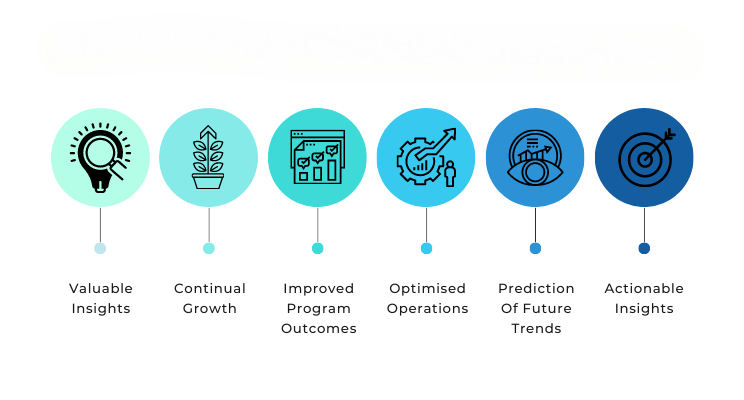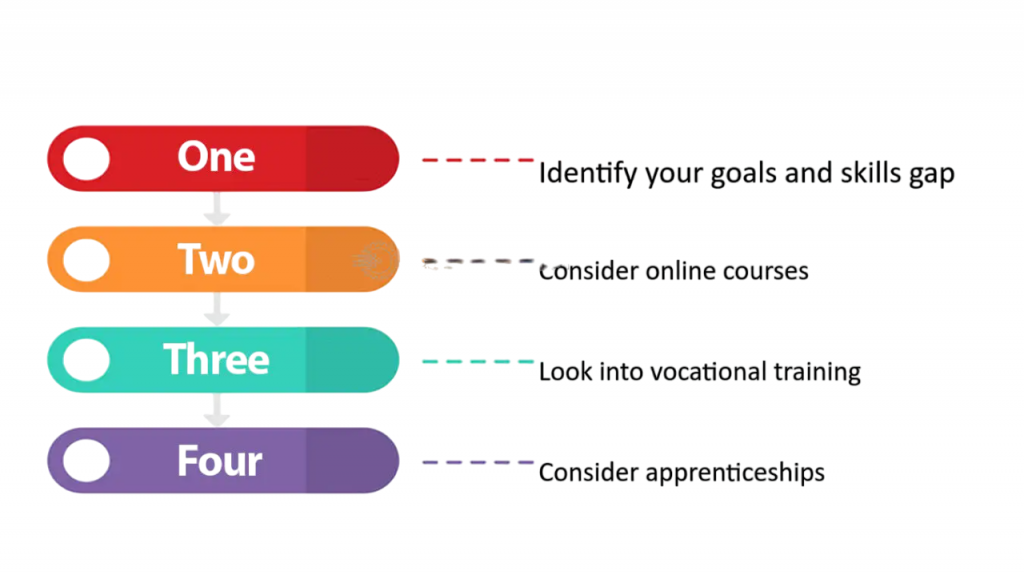
- Rise of Data-Driven Roles
- Traditional Roles Becoming Obsolete
- Data-Driven Decision Making in Business
- The Role of Big Data in Transformation
- Job Profiles Influenced by Big Data
- Importance of Upskilling
- Learning Path for Big Data Careers
- Tools and Technologies to Learn
- Conclusion
Rise of Data-Driven Roles
In the digital age, data is considered the new oil. The rapid rise of data-driven decision-making has led to a seismic shift in the structure and dynamics of the global workforce. Businesses, governments, and institutions are increasingly relying on big data to enhance productivity, optimize operations, and gain competitive advantages. As a result, roles that were once central to operations are either Big Data Training being automated or replaced by positions that are more data-centric. The explosion of big data has given rise to new job roles such as data analysts, data engineers, data scientists, machine learning engineers, and business intelligence professionals. These roles are not only high in demand but are also critical to the success of modern organizations. Consequently, professionals who lack data literacy or the ability to work with data tools and technologies are finding their career paths narrowing.
Traditional Roles Becoming Obsolete
With the evolution of big data technologies, several traditional job roles are gradually becoming obsolete or being redefined. For example:
- Manual Data Entry Clerks are being replaced by automated data collection systems.
- Traditional Market Researchers are now being replaced by data scientists who can derive insights using advanced analytics Big Data Career Path .
- Legacy IT Support Roles are being transformed as infrastructure shifts to cloud-based environments.
- Non-digital Journalists who do not adapt to data journalism may find their reach and relevance declining.
- The message is clear: roles that don’t evolve to incorporate data understanding and manipulation are at risk.
Do You Want to Learn More About Big Data Analytics? Get Info From Our Big Data Course Training Today!
Data-Driven Decision Making in Business
Companies today no longer rely solely on intuition or past experiences to make decisions. Big data empowers leaders to base strategic moves on concrete facts and trends. From supply chain optimization to customer relationship management, nearly every function in a business benefits from data insights Big Data Analytics . Retailers use data to predict buying behavior, while banks analyze transaction patterns to detect fraud. Human Resources departments use analytics to optimize recruitment and employee retention strategies.

This cross-functional reliance on data-driven decision-making creates a scenario where employees need at least foundational knowledge of data tools and analysis to remain relevant. Data-driven decision making in business involves using data analysis and insights to guide strategic and operational choices. It enhances accuracy, reduces guesswork, and supports informed planning. By leveraging real-time and historical data, businesses can identify trends, optimize processes, improve customer experiences, and gain a competitive edge in the market.
The Role of Big Data in Transformation
- Enhanced Decision-Making: Enables data-driven strategies based on real-time insights.
- Customer Insights: Analyzes behavior to personalize experiences and improve satisfaction.
- Operational Efficiency: Optimizes processes, reduces costs, and improves resource allocation.
- Innovation Enablement: Identifies market trends and customer needs for product innovation Big Data Training.
- Risk Management: Detects fraud, predicts failures, and improves compliance through data analysis.
- Competitive Advantage: Provides actionable intelligence faster than traditional methods.
- Scalability: Supports growth by handling large volumes of structured and unstructured data.
- Automation and AI Integration: Fuels machine learning models for smarter automation.
- Data Scientist: Uses statistical methods to extract insights from data.
- Data Analyst: Interprets data and provides actionable insights.
- Business Intelligence Developer: Designs and develops strategies for data analysis.
- Machine Learning Engineer: Builds algorithms and predictive models.
- Big Data Engineer: Manages and optimizes big data infrastructures like Hadoop and Spark.
- Understand the Basics: Learn statistics, probability, and data structures.
- Learn a Programming Language: Python, R, or Scala.
- Database Skills: Learn SQL and NoSQL systems like MongoDB.
- Big Data Frameworks: Study Hadoop, Spark, and Kafka Big Data Can Help You Do Wonders.
- Data Visualization: Learn tools like Tableau, Power BI, or D3.js.
- Machine Learning Basics: Get acquainted with libraries like Scikit-learn and TensorFlow.
- Projects and Internships: Work on real-world datasets.
- Certifications: Pursue certifications like Google Data Analytics, Cloudera Certified Associate, etc.
- Programming: Python, R, SQL
- Big Data Frameworks: Apache Hadoop, Apache Spark
- Cloud Platforms: AWS, Google Cloud, Azure
- Visualization Tools: Tableau, Power BI
- Machine Learning Libraries: Scikit-learn, TensorFlow, PyTorch
- Data Warehousing: Redshift, Snowflake
Would You Like to Know More About Big Data? Sign Up For Our Big Data Analytics Course Training Now!
Job Profiles Influenced by Big Data
The following roles have evolved or been created due to the rise of big data:
Organizations are investing heavily in these roles, Career in Big Data Analytics offering high salaries and growth opportunities.
Importance of Upskilling
The need to upskill has never been more urgent. Professionals from non-technical backgrounds can no longer afford to stay away from data. Whether you work in sales, education, law, or HR, integrating data literacy into your skillset is crucial. Upskilling not only improves job security but also opens the door to promotions, higher salaries, and roles in more innovative Kafka vs RabbitMQ projects. Companies often prioritize candidates who demonstrate adaptability and willingness to learn emerging technologies. Upskilling is crucial in today’s fast-evolving job market, driven by rapid technological advancements and digital transformation.

It empowers individuals to stay relevant by acquiring new skills or enhancing existing ones, improving their employability and career growth. For businesses, upskilling employees boosts productivity, innovation, Big Data ,Optimizes in Transformation and adaptability to change. It also helps close skill gaps, reduces recruitment costs, and fosters employee retention. In a data-driven and automated world, Big Data Careers, continuous learning ensures that both individuals and organizations remain competitive. Ultimately, upskilling is not just a response to change, it is a proactive strategy for long-term success and sustainable growth.
Gain Your Master’s Certification in Big Data Analytics Training by Enrolling in Our Big Data Analytics Master Program Training Course Now!
Learning Path for Big Data Careers
Here is a suggested pathway to build a career in big data:
This structured learning approach will prepare professionals for high-demand data roles.
Preparing for Big Data Analytics Job? Have a Look at Our Blog on Big Data Analytics Interview Questions & Answer To Ace Your Interview!
Tools and Technologies to Learn
For anyone aiming to transition into a data-driven role,What is Data Pipelining here are essential tools and platforms:
Proficiency in these tools ensures a competitive edge in the job market.
Conclusion
The extinction of careers that ignore the power of big data is already underway. While some roles will fade, others will evolve into more strategic, data-driven positions. This transformation presents an opportunity for professionals to redefine themselves in alignment with the future of work. By embracing big data and upskilling in relevant tools and technologies, individuals not only secure their future but also contribute meaningfully to data-first organizations. In this new world Big Data Training, data isn’t just a tool; it’s the language of progress. In conclusion, upskilling is essential for both individuals and organizations to thrive in a rapidly changing world. It fosters adaptability, boosts career opportunities, Big Data Careers drives innovation and efficiency in the workplace. By embracing continuous learning, businesses can stay competitive, and individuals can ensure long-term professional relevance and success.


